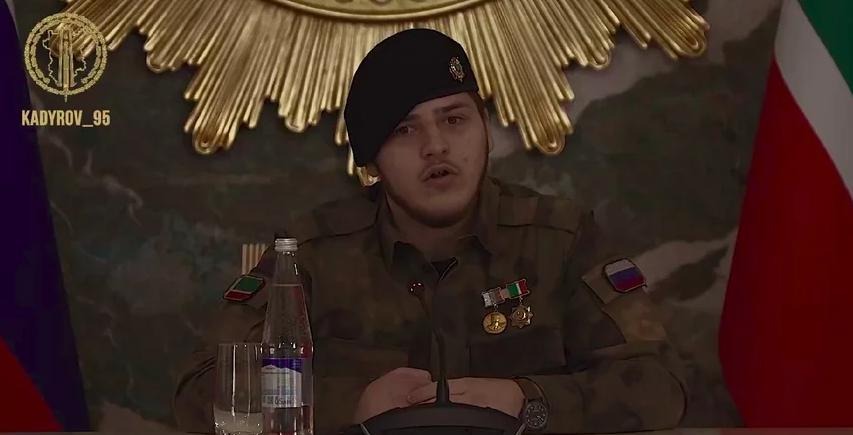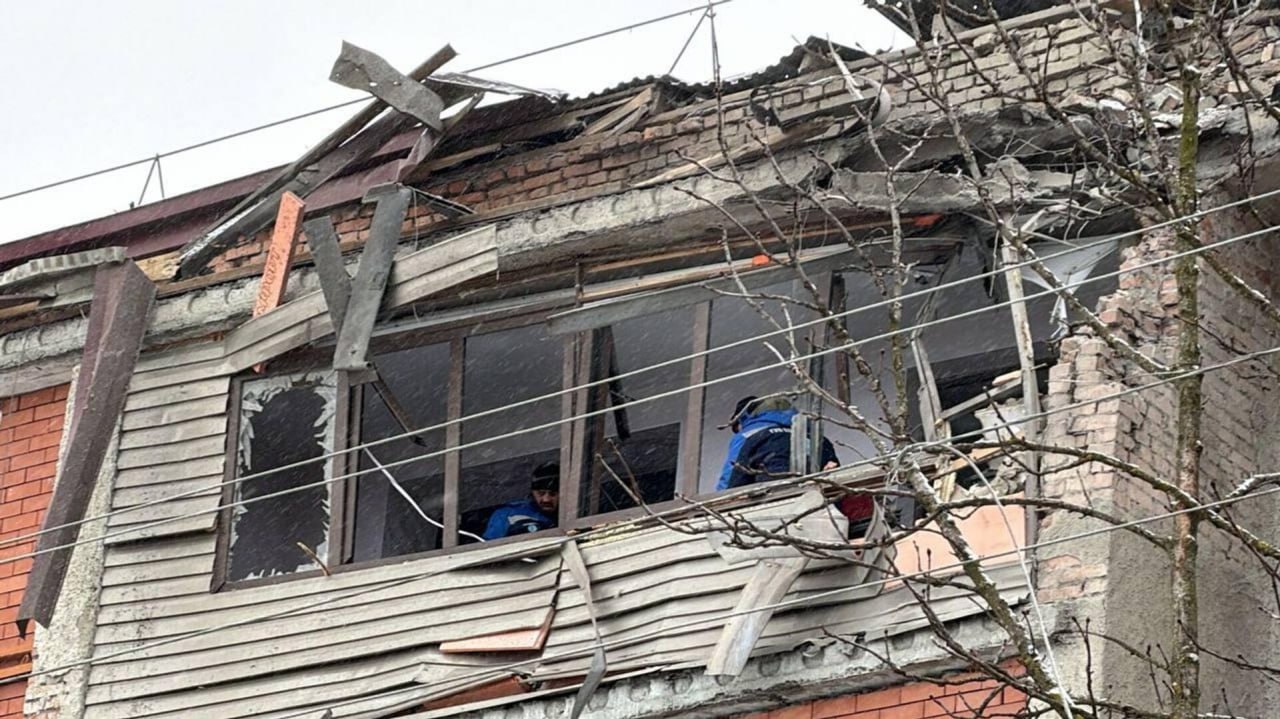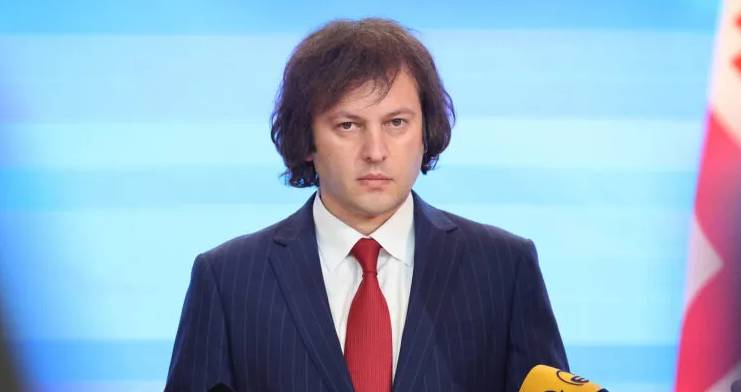Two days after media and Telegram channel reports of an accident involving the son of Chechen leader Adam Kadyrov, official sources have provided no information on the matter.

On November 30, the human rights association Vayfond reported that Chechen refugee Amina Gerikhanova, detained in Romania at the request of Russia as a participant in hostilities in Syria, was excluded from the database of persons wanted by Interpol. Now she can cross borders without fear of arrest.
“Vayfond” notes that the Commission and the General Secretariat of Interpol considered Amina’s case “surprisingly very quickly.” This happened due to the resonance it received in Europe.
36-year-old Chechen Amina Gerikhanova was detained on March 13 at the Romanian border and placed in an extradition prison. With her was her 8-year-old son, who was sent to an orphanage. Later, he was taken by his great-uncle Amruddi Bakharchiev, who had been living in Austria for a long time.
The Russian side accused Gerikhanova of participating in the terrorist organization ISIS in Syria from 2016 to 2018. She herself claims that during this period she was in Ukraine and never traveled outside its borders. This information is confirmed by the Security Service of Ukraine. That is why the Ukrainian Prosecutor General’s Office previously rejected the Russian request to extradite Amina.
Vayfond believes that the woman is taking revenge for her husband, who died in Syria. According to Gerikhanova, she and her husband were persecuted in Chechnya. In 2015, she was not allowed to fly to Turkey, where her husband had previously gone. In the fall of the same year, Kadyrov’s men detained her and tortured her. After that, she went to stay with relatives in Stavropol, and then left Russia, moved to Ukraine and lived safely in Kyiv and Lvov until the “special operation” began. According to Amruddi Bakharchiev, Kadyrov’s men persecuted not only Amina, but also all her husband’s relatives. “They humiliated, insulted, Amina was taken away. She was in their hands for 11 days, either in the basement or in prison. She was so stressed that she didn’t even understand where she was being kept,” he told Kavkaz.Realii.
On April 18, a court in the city of Suceava in Romania granted Russia’s request to extradite Gerikhanova. An appeal was filed against the court's decision. Members of the Chechen diaspora in Europe raised money to pay for a lawyer. They also held protests against the Romanian court’s decision on extradition. Demonstrations took place in Austria, Norway and Ireland. Television in Bucharest reported on the illegal actions of the authorities.
On April 30, the international human rights organization Amnesty International asked the Romanian authorities to provide Amina Gerikhanova with protection and reject the request for her extradition to Russia. According to human rights activists, if deported, the woman would face a real risk of torture or other ill-treatment.
On June 15, the European Court of Human Rights in Strasbourg extended interim measures against Gerikhanova until August 19, suspending her extradition to Russia. At the insistence of lawyers from the human rights organization Amnesty International, the ECHR applied Rule No. 39 to then decide the issue of her deportation.
On September 22, it became known that the Romanian police are threatening to extradite a refugee to Russia, even contrary to the recommendations of the ECHR. Prime Minister of the Chechen Republic of Ichkeria Akhmed Zakayev, while in Ukraine at the Forum of Representatives of the Occupied Peoples of Russia, called on the delegates to appeal to the Romanian authorities with a request to release the Chechen refugee and not hand her over to Russia. Rallies with the same demand were held in October in Ireland, France, and Germany.
On October 30, the Supreme Court of Romania decided to grant Gerikhanova refugee status. She found out about this on November 4, when she was transferred from a closed camp to a hostel for refugees, and her phone, money and personal belongings were returned. Her lawyer advised her not to leave Romania until she was removed from the Interpol database.
The open part of the Interpol database contains information about 3,226 people wanted at the request of Russia, including 698 women. According to the Caucasian Knot resource, the vast majority of them are natives of the Caucasus; the basis for their search is accusations of connections with terrorist organizations and illegal armed groups.



